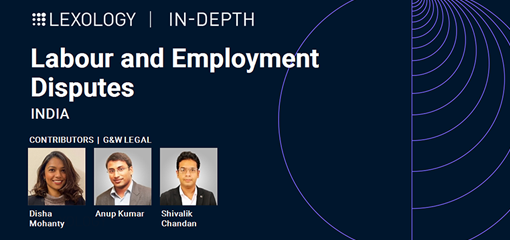
Franchising in the market
How widespread is franchising in your jurisdiction? In which sectors is franchising common? Are there any economic or regulatory issues in the market that are more or less hospitable to franchising or make it economically viable in your jurisdiction?
With a population of approximately 1.35 billion people, India has one of the biggest franchise markets in the world. Several studies estimate that the market has been growing at a rate of over 30 per cent over the past fve years. The current market is valued at approximately 3.5 trillion rupees and is expected to grow at a rate of over 25 per cent yearon-year, despite the covid-19 pandemic.
In India, franchising is common in the food and beverages, hotels, healthcare and wellness, and education sectors.
India does not have any franchise-specifc laws or bodies to regulate franchise businesses and franchise agreements are mostly contractual in nature. Currently, there are no perceived regulatory or economic issues that impede the growth of franchises in India, although legislation applies to any business operating in India, including franchises. The Indian Contract Act 1872 , the Foreign Exchange Management Act 1999 and the Income-tax Act 1961 are some of the main pieces of legislation that regulate franchise arrangements in India.
Associations
Are there any national or local franchise associations? What is their role in franchising, including any impact on laws or regulations? Are there any rules of conduct or membership requirements?
Yes, there are several privately run franchising associations in India, membership of which is voluntary. The Indian Franchise Association and Franchising Association of India are two such associations.
The franchise associations primarily provide a platform for stakeholders to network and discuss issues facing the industry. Certain franchising associations also assist stakeholders in finance-raising, and provide market insights and business solutions.















